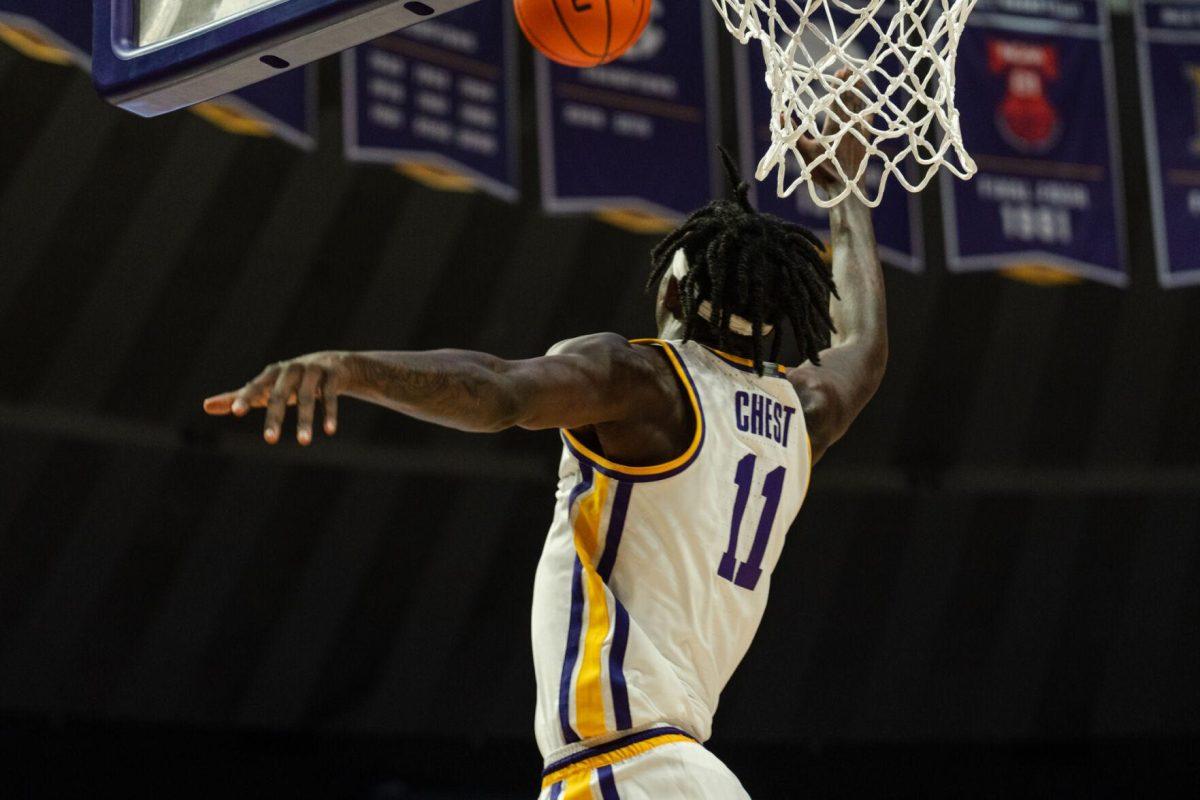As seniors Brad Little and Matt Reeves were paddling home in the final heat of the men’s sprint competition, the outer layer of their canoe, which had been cracking all weekend, finally gave way.
A gaping hole had opened up in the hull, and the boat began to take on water. The pair did not sink, and they managed to steer their vessel, “In Sea State,” to a seventh place finish in the last race of the day.
However, it was a fitting end to an overall disappointing weekend for N.C. StateÃs concrete canoe team, which placed 17th in the 20th annual national concrete canoe competition held by the American Society of Civil Engineers.
“I guess when we were designing the boat, they didn’t plan on somebody as big as me paddling,” Little said.
Little, who is 6-foot-4 and weighs 215 pounds said while the team finished 17th overall, it should have done better.
The ASCE national concrete canoe competition, which took place June 14-16, challenged the top-22 student teams from around the nation to design, build and race a canoe made entirely of concrete.
N.C. State’s team received its bid to the national competition after upsetting Clemson in Atlanta last April. Beating the Tigers, who had won 14 straight regional competitions previously, had given them confidence entering the national championships in Seattle.
Vince Grainger, the senior captain of the team, predicted a top-10 finish after the victory in Atlanta last April.
“It was a disappointment,” Grainger said. “We never thought we were going to win the competition, but we did think we were going to place a lot better than we did. We just never seemed to get the ball rolling.”
The racing aspect of the competition consists of both men’s and women’s sprint and endurance races, including a co-ed sprint. The teams are allowed two paddlers for the sprints and three paddlers for the endurance races.
There is also a requirement that the teams write a paper and produce a presentation on their canoe. The Wolfpack struggled in these areas, finishing last in both.
“We really need to work on the technical aspects of the competition as well,” Little said. “We’d like to get our teams better prepared for the paper and the presentation.”
Grainger believes next year, with more money and organization, the team could be a contender nationally.
“We got a lot of hopes for next year,” Grainger said. “We’ve already talked to a number of sponsors. One of them is Citadel Contractors, Inc. We talked to them about getting ready some money for materials so when the rules come out in September, we’re going to go ahead and get started on it.”
Little said in addition to material resources, corporate sponsorship could give the State team the intellectual resources necessary to be a contender.
“We’re not just trying to go out and get money, but also knowledge,” Little said. “These companies have a lot of people who work in the field. These people know the right methods and materials to use that would be very helpful to us.”
With corporate backing and the experience gained at nationals, Little said the Wolfpack will look to make some serious waves at next year’s national competition.
“We saw a bunch of great designs, and learned a lot about the different methods other teams used to make their boats and to give their boats a good finish,” Little said.
“Hopefully we’re going to take some of those ideas back and incorporate them into what we already know. We already have the people and the motivation, so with additional resources, we might be able to really finish high at nationals next year.”




